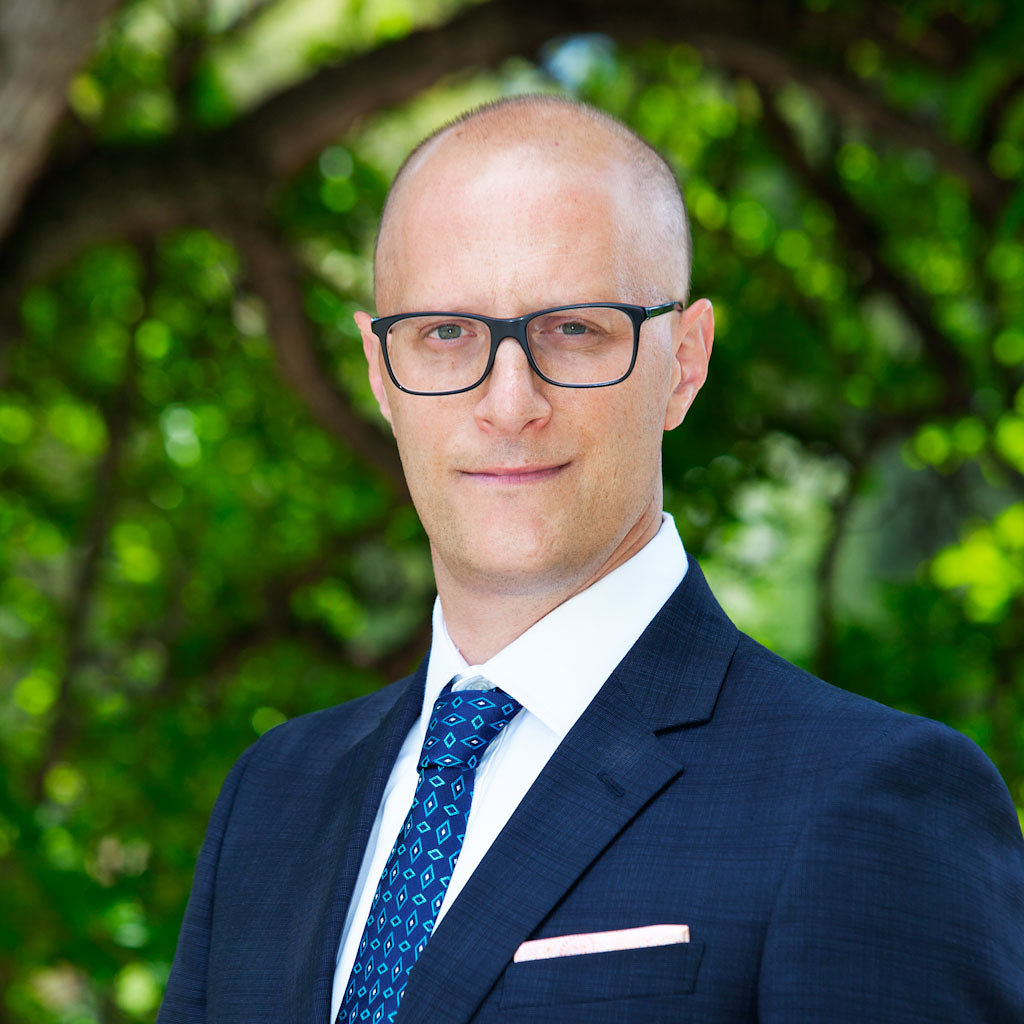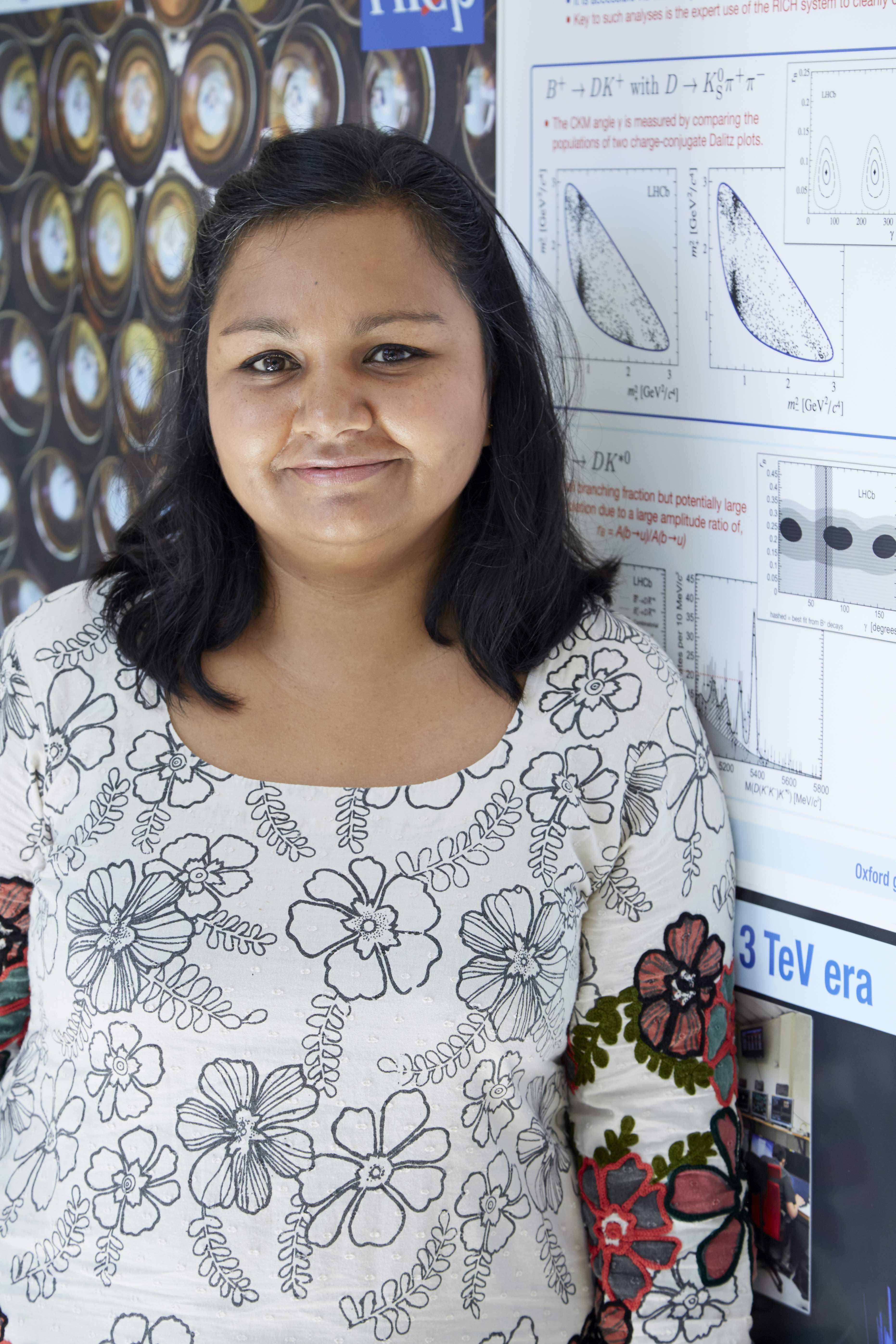Prof. Jonathan Butterworth
Jon is an experimental particle physicist working on ATLAS, and professor of physics at University College London. He grew up in Manchester, took his undergraduate and postgraduate degrees at Oxford, then moved to DESY, Hamburg, to work for Pennsylvania State University on the ZEUS experiment at the HERA electron-proton collider. He joined UCL in 1995, and was Physics Chair of ZEUS in 2003-2004. He was Standard Model convenor of ATLAS during first data taking (2010-2012) and wrote some of the first papers on jet substructure at the LHC. He is a founding member of the MCnet collaboration on event generators and related tools. He was head of the department of Physics & Astronomy at UCL (2011-2017) and has written two books and many articles on particle physics for the general public. He is scientific advisor to the UK CERN council delegation, and a member of STFC Council and UCL Council.

Prof. Laura Fabbietti
Laura is a nuclear physicist working on detector developments, data analysis and phenomenology developments connected to the ALICE experiment at the LHC. Her main research focus is the study of hadron interactions and the impact of those on astrophysics. She is interested in determining the equation of state of neutron stars and in connecting the properties of antinuclei to indirect dark matter searches.
She is professor at the Technische Universität München since 2008.
Prof. Paul Jackson
Paul Jackson is an experimental particle physicist working on ATLAS and Belle II experiments. Paul is presently Professor of physics at the University of Adelaide where he founded the experimental particle physics group and he holds the role of Deputy Dean (Research) in the University's Faculty of Sciences Engineering and Technology. Paul grew up in Bolton, England completed his undergraduate degree in the UK before pursuing graduate studies in particle physics in Canada, working on the BaBar experiment. Paul held postdoctoral positions in the United States and Italy and spent 3.5 years at CERN prior to moving to Australia in 2011. Paul holds several grants from the Australian Research Council (ARC), was an ARC Future Fellow (2013-2017), an Australia-Harvard Fellow (2014-2015) and presently sits on the ARC College of Experts. Paul has worked in a variety of roles in the ATLAS collaboration, is the National Contact Physicist for Australia, and sits on numerous boards both in Australia and internationally. Paul leads a large team in Adelaide and is passionate about career development and finding opportunities for junior staff and students to pursue their best career pathways.

Prof. Sneha Malde
Sneha is a physicist at Oxford University. She has a keen interest in studies of heavy flavour decays and CP violation in particular. She also works on detector calibrations, in particular with relation to particle identification. She is a member of the LHCb and BESIII collaborations and a former member of CLEO and CDF. She has held research fellowships with the Royal Society of the UK, L’Oreal-UNESCO, and now manages a research group funded through an ERC grant and UKRI grants, and other small scholarships. She is currently the Early Career, Gender & Diversity senior officer on the LHCb experiment and has a strong interest in professional development. Outside of work she enjoys adventures with her family.

Dr. Miriam Lucio Martinez
I am Miriam (she/her), a postdoctoral researcher for LHCb in Maastricht University working mainly in rare decays and Quantum Computing applications. I come from the North-West of Spain (Galicia) where I did my PhD in Santiago de Compostela before starting a postdoc in Amsterdam as part of the Nikhef group. I have also worked in matter-antimatter asymmetry studies and BSM phenomenology. In my free time I am a beginner cellist, a slow but very stubborn runner and I also enjoy boxing. Since two years ago I am a member of the Organizing Committee of Women in Quantum Development, a Dutch-based organization aimed at promoting Diversity, Equity and Inclusion (DEI) in quantum environments, both industry and academia.

Dr. Mike Sas
I’m a postdoc in ALICE working on electromagnetic probes to characterize the quark-gluon plasma that gets created in heavy-ion collisions. I graduated cum laude for my PhD, which I did in the Netherlands. After this position I moved to the USA for my first postdoc at Yale. During that time I became the electromagnetic physics working group convener in ALICE, taking leadership roles in the collaboration. For my current position I am employed by and at CERN as a senior research fellow. Besides my role in analyzing ALICE data I am passionate about working together with theorists and performing phenomenological studies. As my next step I am applying for starting grants to continue my research into measuring the temperature of the QGP. During my free time I like to go on adventurous hikes, ride my mountain bike, and work out.

Prof. Sir. Tejinder Virdee
More information about Tejinder Virdee can be found on his Wikipedia page.
Dr. Adinda de Wit
Adinda is an experimental particle physicist working on the CMS experiment. After a PhD at Imperial College London, and postdoctoral positions at DESY in Hamburg and at the University of Zürich, she joined the Laboratoire Leprince-Ringuet as a CNRS researcher in 2023. Her research focuses on studies of the Higgs boson, and how it can be used to (hopefully!) find new physics.
